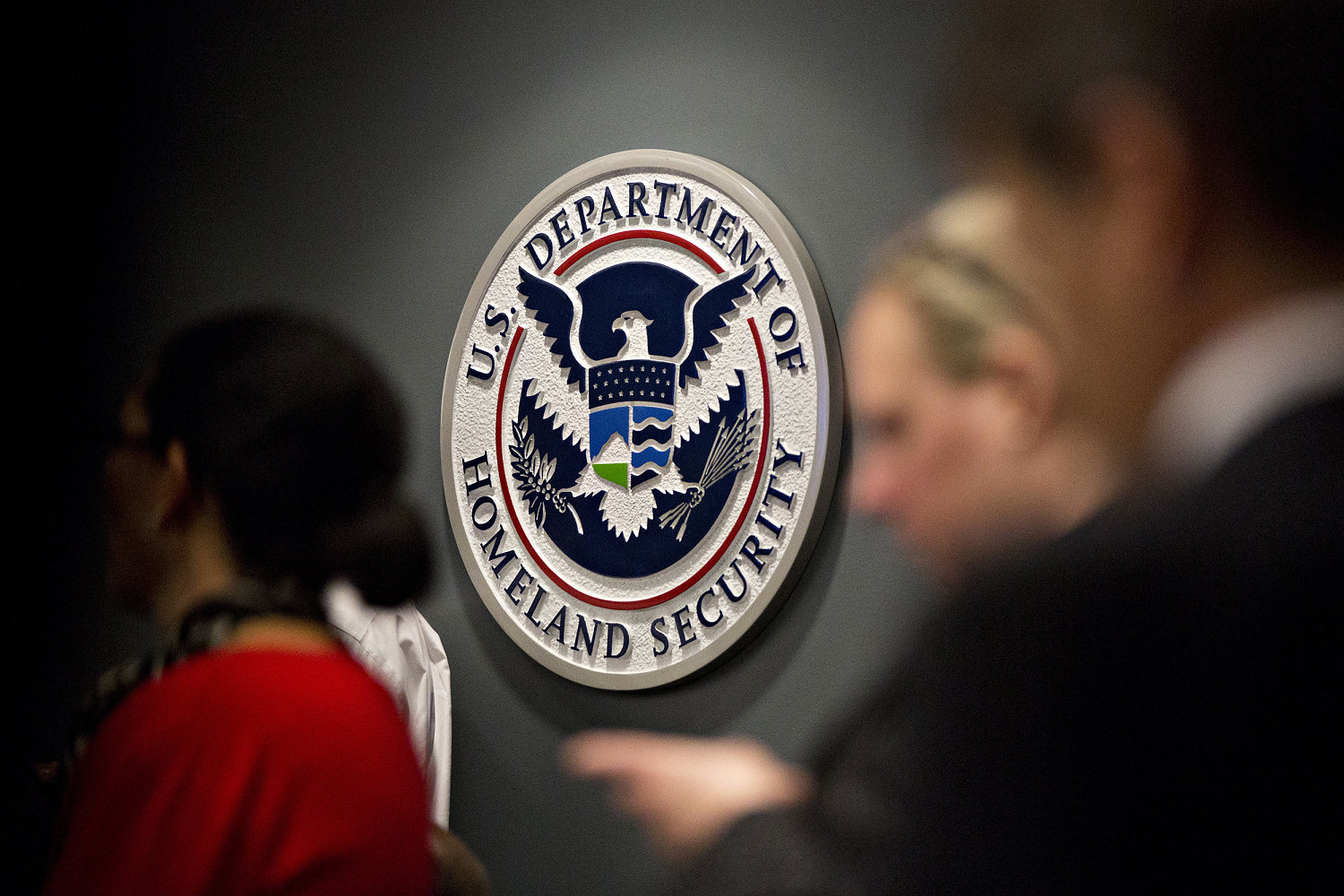
In a rare federal trial Wednesday in which university groups are challenging the Trump administration’s efforts to deport pro-Palestinian activists, the Department of Homeland Security shared how it got the names of some of the students who were targeted for deportation.
During day three of the proceedings in Boston, Peter Hatch, a senior DHS investigations official, said most of the names of student protesters who were flagged to the agency for analysis came from Canary Mission. The anonymous group has published a detailed database of students, professors and others who it says have shared anti-Israel and antisemitic viewpoints.
“Many of the names of the student protesters provided to you for the Office of Intelligence to produce reports of analysis on came from the website Canary Mission?” the judge asked.
“It’s true, many of the names, or even most of the names, came from that website,” Hatch, assistant director of the Homeland Security Investigations intelligence office, said in his testimony. “But we were getting names and leads from many different sources.”
Canary Mission said in an email that it has not been working with DHS and pointed out that its database is public.
“We have had no contact with this administration or the previous administration,” the group said.
The plaintiffs, the Harvard faculty chapter of the American Association of University Professors, the Middle East Studies Association and three other scholar groups, allege the deportations violated the First Amendment.
U.S. District Judge William Young questioned Hatch about the lists of students provided to the agency. Hatch said a “tiger team” of analysts, an agent and a unit chief had been assembled to assess student protesters who may be national security threats, supporting terrorist organizations or engaging in unlawful activity during protests.
He also said some personnel were moved from the counterterrorism intelligence unit to focus on the efforts. The group was directed to specifically look at the Canary Mission database, he said.
Hatch said he was not clear how the agency was notified about the website’s existence.
“I can say that Canary Mission is not part of the U.S. government. It is not information that we would take as an authoritative source, and we do not work with the individuals who create the website,” he said. “I don’t know who creates the website. We don’t have a relationship with the creators of the website.”
Little background has been published about Canary Mission and the identities of the people behind it. It said in its email to NBC News that it documents people and groups who “promote hatred of the USA, Israel and Jews” across the political spectrum, but it did not respond to criticisms of its work.
The profiles in its database include information about students, professors and campus professionals with details of not only their political activism but also their places of work. For example, profiles note students’ participation in political activities in protests at their schools to their support of encampments, along with employment histories.
In addition to allegations of doxxing and harassment, the site also been accused of launching personal attacks that depict pro-Palestinian activists as being in “support of terrorism,” the Middle East Studies Association of North America said.
Pro-Palestinian events attended by those in the database are often described on the site as “anti-Israel” or “pro-Hamas,” and the association said activists included on the site are often depicted as being in support of the Oct. 7, 2023, attack by Hamas.
The association also highlighted a video in which Canary Mission encouraged people to report those engaging in pro-Palestinian activism and threaten their job prospects. The video tells viewers, “It is your duty to ensure that today’s radicals are not tomorrow’s employees.”
Canary Mission has stirred up controversy even among pro-Israel advocates. In 2018, nine pro-Israel groups and over 100 students signed an open letter condemning it.
“We believe that Canary Mission is antithetical and destructive to our shared cause of supporting Israel and eliminating anti-Semitism on campus,” the letter said.
Hatch said names also came from sources like law enforcement that might have arrested protesters’ names.
The trial is set to stretch into next week. It follows the administration’s arrests, beginning in March, of Mahmoud Khalil, Rümeysa Öztürk and other students whom it accused of being national security threats. The students were released after judges found that their detentions violated free speech rights.